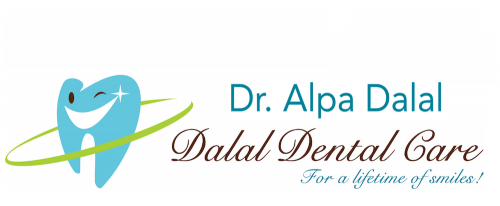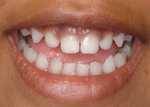
Deep Cleaning
Certain oral infections require thorough attention. If you have a toothache, swollen gums, and bad breath, you may be having a peculiar condition. This may have developed from ignored tartar that has affected the gums.
If left unattended, it could lead to the widening of the space between teeth and gums. It could also create a medium for gum diseases to flourish, dislodge roots, cause bad breath, lead to infection in other parts of the mouth, bleeding and receding gums, and eventual loss of teeth.
If you find yourself in these circumstances, this article proffers a solution for you. After checking it out, please contact a local dentist to schedule an easy appointment.
What Is Deep Cleaning?
Deep cleaning is the removal of plaque and tartar that build up on your teeth. These items form from food and saliva that calcify on the teeth leading to the formation of tartar. They form crevices that accommodate bacteria that can cause gum disease.
At the early stage, proper brushing of teeth can remove plaque. However, when it gets harder and carries bacteria, it leads to gum disease, which can also lead to gingivitis and periodontitis.
We offer you this opportunity to regain your oral health through this professionally executed procedure for gum treatment.
The Deep Cleaning Process
Deep cleaning, also known as root planing or periodontal scaling, involves the removal of plaque and tartar below the gumline. The dentist would usually do this over two visits. This gradually causes the gap between the gum and teeth to close up. This is tooth scaling.
The next phase is root planing, where the dentist removes tartar and plaque from the root of the teeth. This further causes the gap between the teeth and gum to reduce, making the gums and teeth attach again.
What Deep Cleaning Would Do For You
Thorough deep cleaning will stop the gap between the teeth and gums from expanding further. It would also stop any infection from spreading or causing the gum to deteriorate further.
Furthermore, the process will secure the teeth and stop any losses as well as put a stop to bad breath. With composite cavity filing and similar dental fillings you can rest assured that there will be no opportunities for bacteria to lodge and process sugars that will lead to tartar. Thus, saving your teeth from damage.
Is Deep Cleaning Painful?
Teeth scaling and root planing can cause some discomfort, so you’ll receive a topical or local anesthetic to numb your gums. You can expect some sensitivity after your treatment. Your gums might swell, and you might have minor bleeding, too.
Conclusion
A deep cleaning helps get rid of bad breath and promotes healing of gum disease. Deep cleanings do have risks, so it’s important to understand possible complications or side effects. Always consult your dentist if you have any questions and be sure to attend any follow up appointments and schedule regular cleanings in the future.


